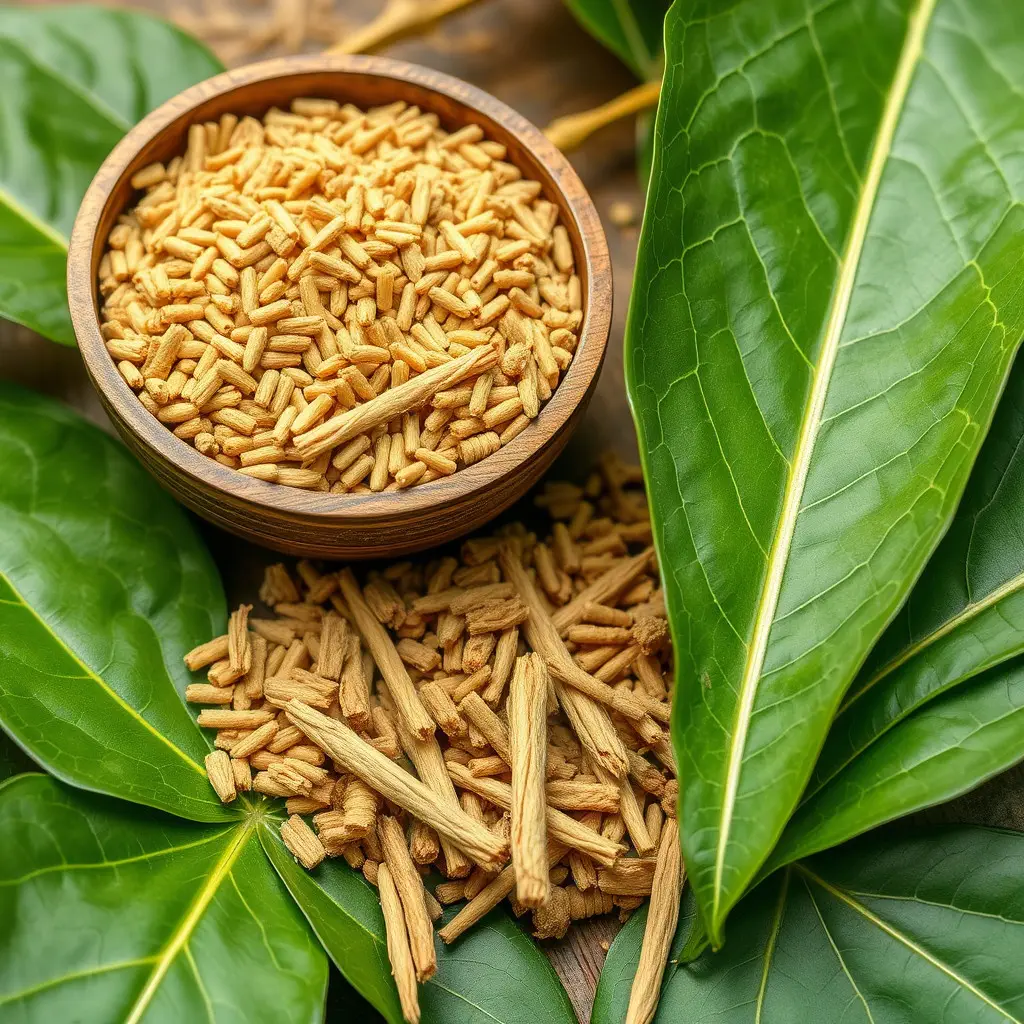Kratom supplements have gained popularity as a natural alternative for muscle soreness relief, offering analgesic effects through alkaloids in Mitragyna speciosa. Unlike some conventional treatments, kratom is not linked to significant hair loss and may even be misunderstood for causing it, as numerous studies haven't established a direct connection between the herb and alopecia. While minor enzyme interactions related to androgen production are possible, these typically don't result in substantial hair shedding. Reported cases of hair loss after using kratom are often attributed to other factors. Further research is needed to fully comprehend kratom's effects and optimal dosage for maximum benefits as a complementary approach.
Muscle soreness, a common post-workout affliction, can range from discomfort to debilitating pain. This article explores effective relief strategies, with a focus on kratom supplements as a potential natural solution. While popular for its analgesic properties, understanding whether kratom causes hair loss is essential. We delve into the science behind muscle soreness, examine kratom’s mechanisms, and separate fact from fiction regarding its side effects, including hair loss.
- Understanding Muscle Soreness and Its Causes
- Exploring Kratom Supplements as a Potential Relief Option
- Does Kratom Cause Hair Loss? Unraveling the Myth
Understanding Muscle Soreness and Its Causes
Muscle soreness is a common issue that arises from various physical activities, workouts, or even minor injuries. It’s essentially your body’s way of signaling that something has pushed it beyond its usual limits. This discomfort is caused by tiny tears in muscle fibers during intense exercise, leading to inflammation and the release of chemicals that sensitize nearby nerve endings, resulting in pain.
While many people turn to over-the-counter pain relievers for relief, there’s growing interest in natural alternatives like kratom supplements. Kratom, derived from the tropical plant Mitragyna speciosa, has gained attention for its potential analgesic properties. However, it’s important to note that while kratom may help manage muscle soreness, extensive research is needed to fully understand its effects, especially concerning side effects like potential hair loss (not directly related but a common query).
Exploring Kratom Supplements as a Potential Relief Option
Kratom supplements have gained attention for their potential benefits in alleviating muscle soreness, offering an alternative option to traditional pain management methods. These natural extracts from the kratom plant (Mitragyna speciosa) contain compounds called alkaloids, which are believed to interact with opioid receptors in the body, providing analgesic effects. Many users report reduced muscular discomfort and improved flexibility after incorporating kratom into their routine.
While it may seem like a promising solution, it’s essential to approach kratom as a complementary approach, especially considering concerns about potential side effects. Unlike some conventional treatments, kratom does not appear to be linked to significant hair loss, making it a safer choice for individuals seeking relief from muscle soreness without compromising their scalp health. However, further research is encouraged to explore its long-term effects and optimal dosage for maximum benefits.
Does Kratom Cause Hair Loss? Unraveling the Myth
Kratom, a natural herb known for its pain-relieving and mood-enhancing properties, has gained popularity as a supplement for muscle soreness relief. However, one common concern among users is whether kratom can cause hair loss. The idea that kratom leads to hair fall is largely a myth, but it’s important to understand the science behind it. Numerous studies have not found a direct correlation between kratom use and alopecia or hair thinning.
The belief that kratom could contribute to hair loss might stem from its interaction with certain enzymes involved in the production of androgens, hormones associated with hair growth. However, these effects are typically minimal and do not result in significant hair shedding. More often than not, reported hair loss after taking kratom is attributed to other factors, such as underlying health conditions or a change in diet. Thus, while it’s understandable to be cautious about any potential side effects, the evidence suggests that kratom supplements are unlikely to cause hair loss under normal usage conditions.
In conclusion, while kratom supplements have shown promise in alleviating muscle soreness, it’s crucial to understand their role as a potential relief option. As explored in this article, kratom’s natural compounds may provide comfort, but it’s important to differentiate between its effects and other factors like hair loss. Remember that, before incorporating any new supplement, seeking professional advice is essential, especially regarding concerns like does kratom cause hair loss. By combining informed decisions with evidence-based practices, individuals can effectively manage muscle soreness while maintaining overall well-being.






